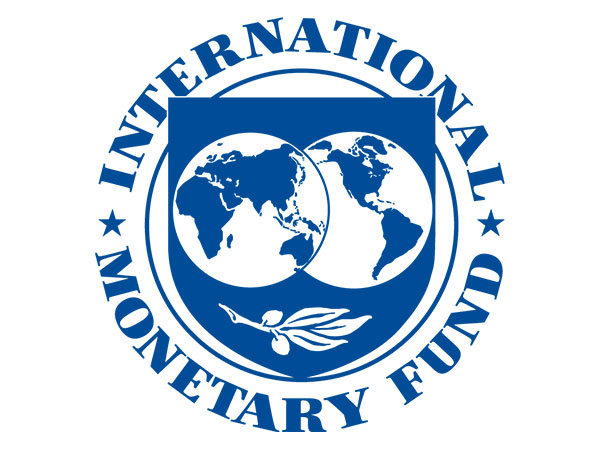The recent USD 7 billion deal between Pakistan and the International Monetary Fund (IMF) has hit a roadblock within just a month of its approval, causing concern for authorities in Islamabad. Official statistics have shown that key assumptions made in finalizing the deal have already proven wrong. This has led to challenges in meeting the nearly Pakistani Rs13 trillion tax target, with growth rate, inflation, large-scale manufacturing, and imports all falling short.
Deputy Prime Minister of Pakistan, Ishaq Dar, has expressed reservations about the market-determined exchange rate regime imposed by the IMF, which is a core aspect of the deal. The IMF is now pressuring Pakistan to further devalue the rupee, despite Dar’s belief that it is already undervalued by at least 16 per cent. The implementation of the deal is facing serious challenges, with many predicting that it may soon derail.
The government has set aside a significant amount for debt servicing this fiscal year, based on an average interest rate of 17.5 per cent. However, due to a faster than anticipated slowdown in inflation, interest rates may see a major cut. The IMF has set a tax target of Rs12.92 trillion for this fiscal year, leading the government to impose additional taxes to meet this goal.
The situation is expected to worsen in the second quarter, with the Federal Board of Revenue (FBR) facing additional challenges in meeting targets. The FBR may face another shortfall of at least Rs254 billion due to wrong assumptions made during the deal negotiations. The provincial governments also struggled to meet cash surplus targets in the first quarter, further complicating the economic situation.
Overall, the implications of the deal with the IMF are becoming increasingly concerning for Pakistan. The country may have to reconsider its approach and potentially renegotiate the terms of the agreement to avoid further economic suffocation through increased taxes. The challenges faced in meeting the targets set by the IMF highlight the need for a holistic review of the deal to ensure sustainable economic growth in the future.










